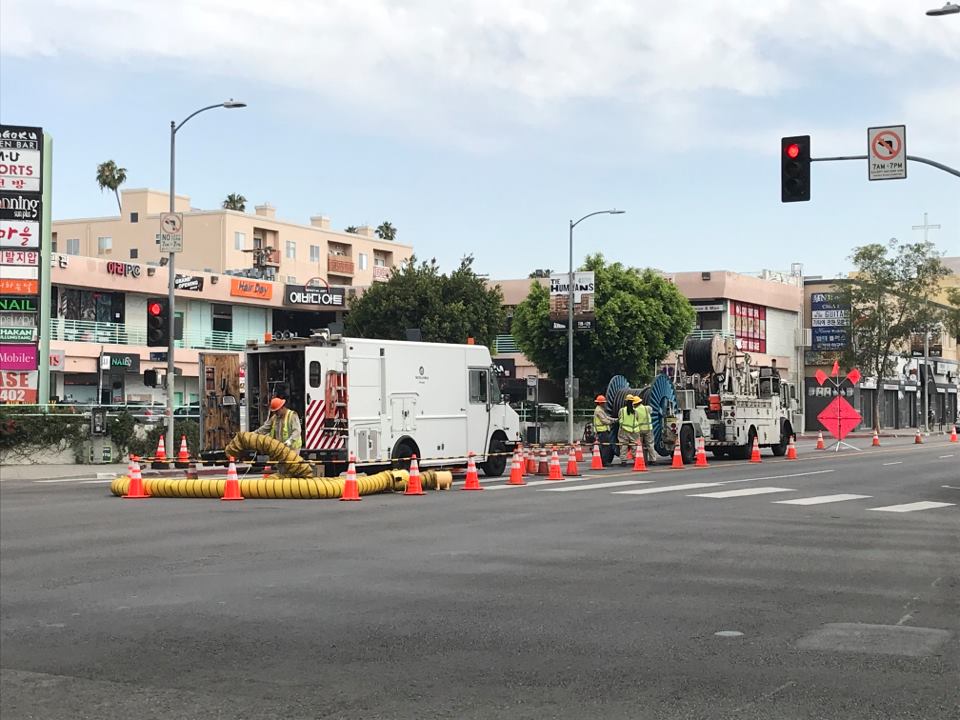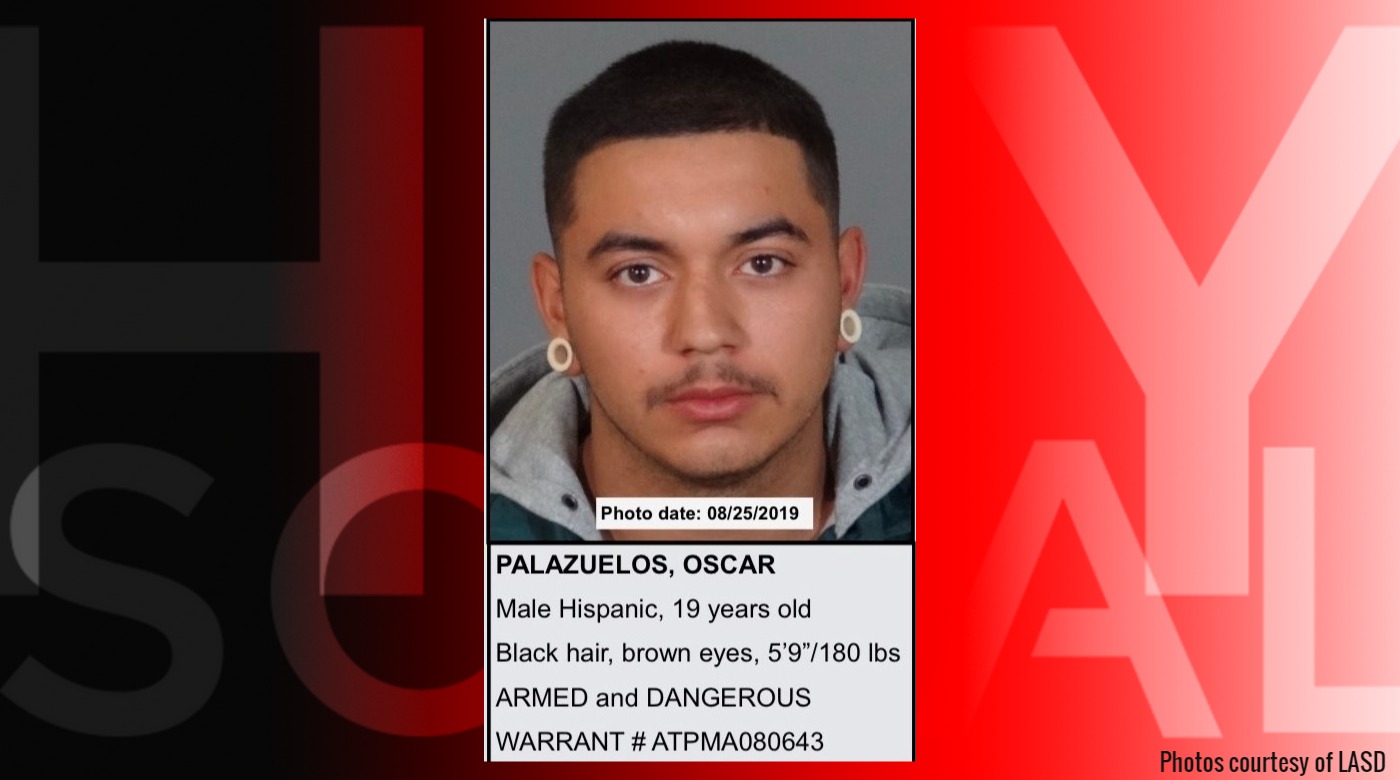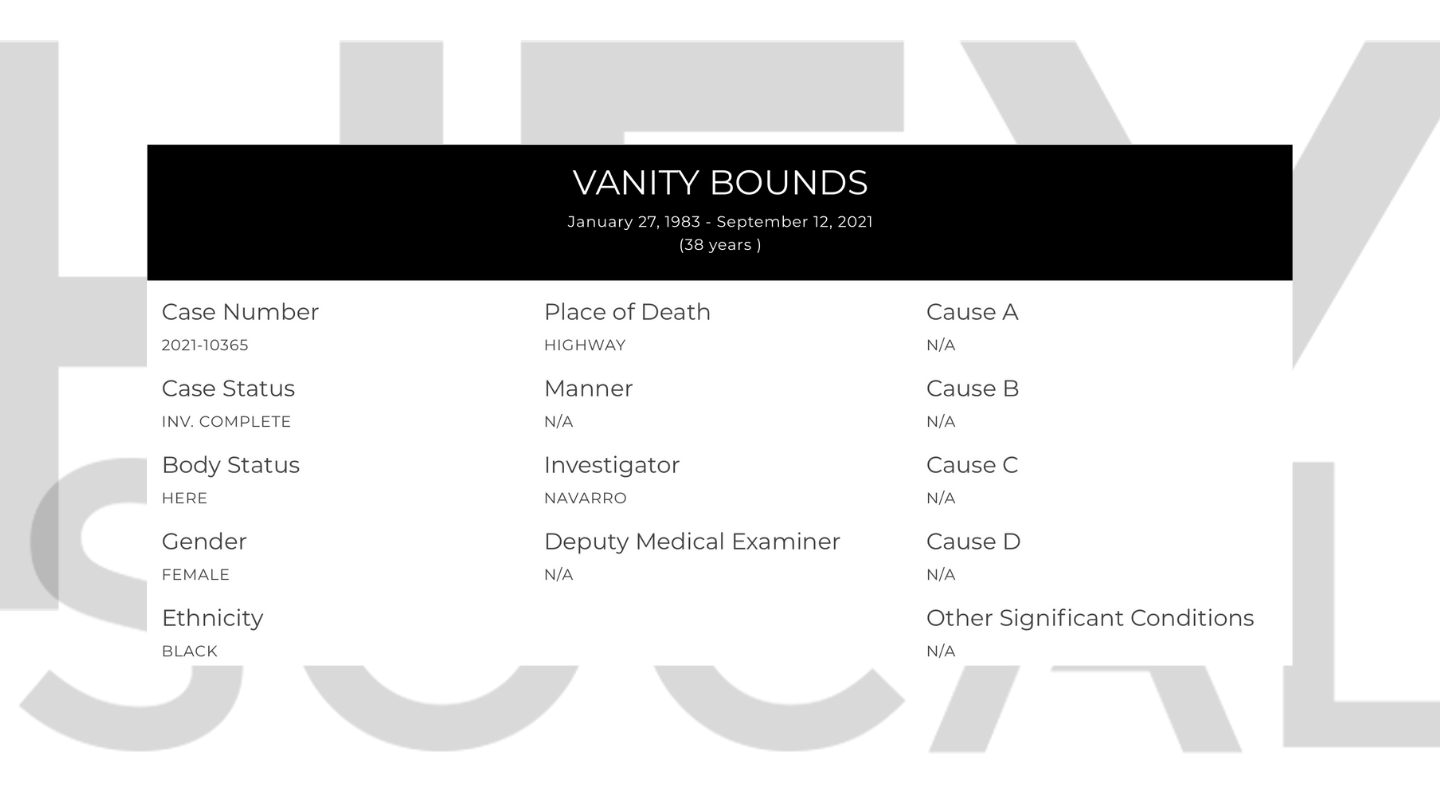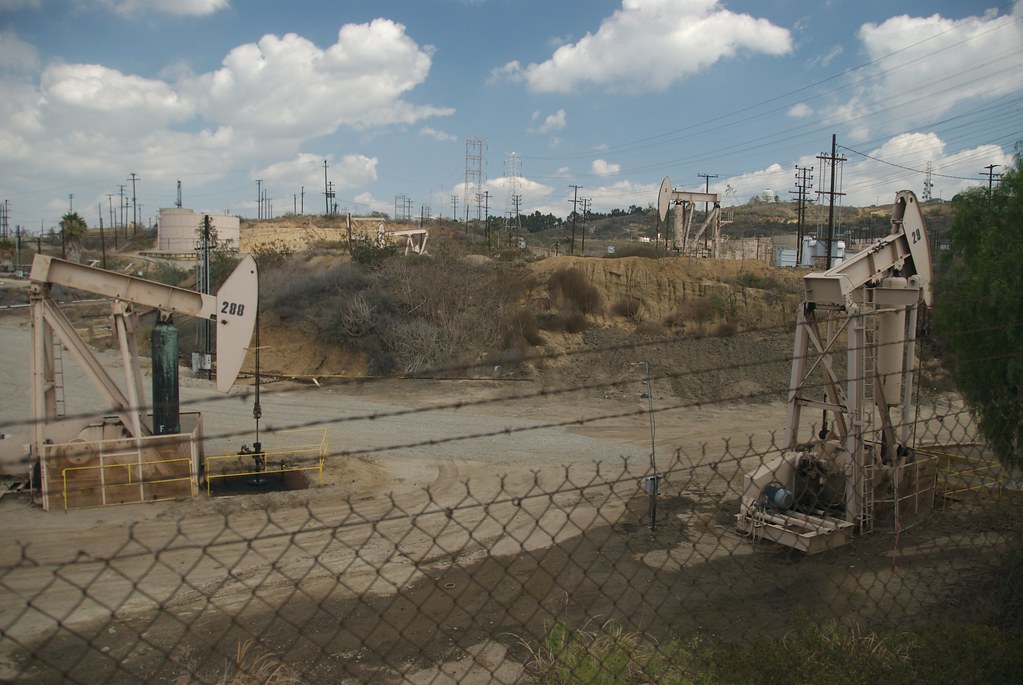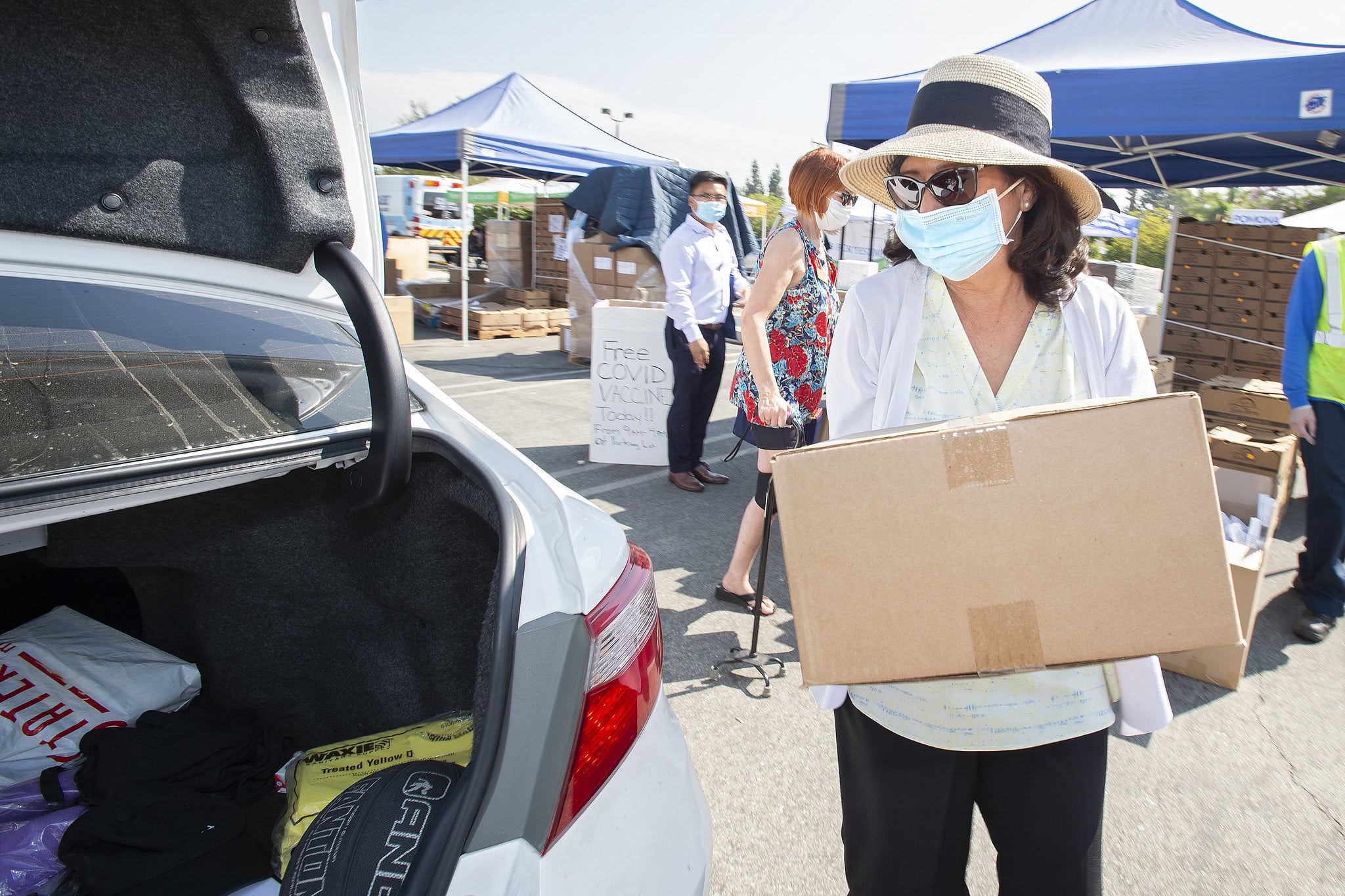Los Angeles City Council President Nury Martinez and several council members Wednesday introduced a motion to prepare the city to apply for potential federal funding from the pending $1 trillion infrastructure bill and the Democrats’ $3.5 trillion budget plan.
“Los Angeles has every reason to seize on these opportunities. The City Council has approved dozens of transformative strategic documents and master plans that in many cases include shovel-ready, entitled, or designed projects,” stated the motion, introduced by Martinez with Councilmen Paul Krekorian, Bob Blumenfield and Mitch O’Farrell.
“Initiatives such as LA100 (100% clean energy by 2035), Operation NEXT (water independence and resilience by 2035), Mobility Plan 2035, and the LA River Master Plan all stand to benefit from catalytic investments that would accelerate these projects and create good paying jobs that support our economic recovery,” it continued.
The infrastructure bill passed the Senate by a vote of 69 to 30 and will next go to the House of Representatives. In the motion introduced Wednesday, council members highlighted the bill’s allocation of $110 billion to repair deteriorating highways, roads and bridges; $65 billion to expand and strengthen power grids; $65 billion for broadband infrastructure; $55 billion for water and wastewater management projects; $39 billion for zero-emissions public transportation systems; $25 billion for airport infrastructure $21 billion to decontaminate brownfield sites damaged by oil extraction; $15 billion to replace lead pipes; $10 billion to clean up contaminated water; and $7.5 billion for electric vehicle charging stations.
In the Democrats’ federal budget proposal, the City Council motion noted $726 billion for educational programs, $332 billion for affordable housing programs, $198 billion to finance domestic manufacturing of clean energy and climate research, $135 billion for climate change programs related to droughts, wildfires and rural development; and $67 billion for investment in energy efficient buildings, environmental justice initiatives and clean vehicles.
If the motion is passed, the city administrative officer and chief legislative analyst would have 60 days to finalize an internal process to review and prioritize applications for federal infrastructure funding, as well as funding available through the state’s 2021-22 fiscal budget.
Within three months of the motion passing, all city departments would have to report to the CAO with a list of projects they want prioritized for federal and state grant funding, including an action plan of what needs to happen to make the projects shovel-ready. A month after that, the CAO would report to the Budget and Finance Committee with the full list of projects for the council to approve.
Once approved, the departments would be able to apply for the funds and would be instructed to regularly update the CAO on their applications’ status.

